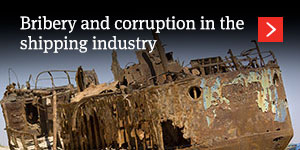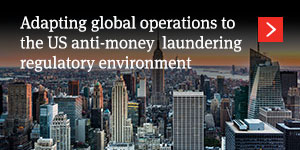![]() From the editor
From the editor
I am delighted to present you with the seventh issue of Business ethics and anticorruption: Asia Pacific insights.
In this issue, we look at the impact of increased regulatory scrutiny surrounding bribery, corruption and money laundering, with a particular focus on the processes businesses should consider for effective management of risk. It is imperative for corporations which have a robust compliance programme in place to also establish an effective and impartial investigative function. Given the avowed intent of various regulatory and enforcement agencies in Asia and around the world to focus their attention and efforts on the private sector, it would be remiss for senior management and board of directors not to ensure that their corporations implement strategies to prevent, detect and respond to compliance failures.
Our first article examines the ‘Anatomy of an effective corporate investigation’. While a properly conducted internal investigation helps to establish facts and provide a sound basis for obtaining legal advice to assert its rights or protect its position, a botched investigation creates more issues and exposes the corporation to greater risks and liabilities.
While various industry sectors pose different types of corruption risks, the shipping sector came under the spotlight recently when the Singapore Court of Appeal handed down severe sentences in a case in which corruption was described as ‘antithetical to everything that Singapore stands for’. We analyse the findings and implications of this case in ‘Bribery and corruption in the shipping industry: a Singaporean case study’.
In ‘Money laundering in real estate transactions: developers’ obligations under Australian law’, we take a close look at money laundering issues in the context of the Australian real estate market. Along with bribery and corruption, the related financial crime of money laundering often rears its ugly head. Australia’s real estate market found itself to be the unwitting target of corrupt developers who allegedly conspired to inflate the value of properties so that kickbacks can be paid.
Finally, we take a step back and survey the increased regulatory scrutiny on money laundering – in particular, the regulations that must be satisfied by a foreign bank when establishing a business in the United States. ‘Adapting global operations to the US anti-money laundering regulatory environment’ outlines requirements that are instructive for banks, and have implications to corporations looking to mitigate the risks of inadvertently handling the proceeds of crime.
We hope our articles are informative and useful to you. Please do contact us if you wish to discuss.
Contents











